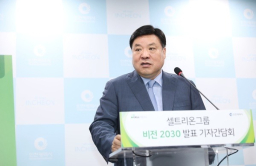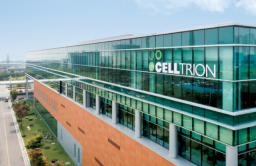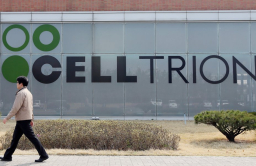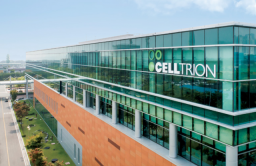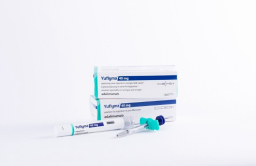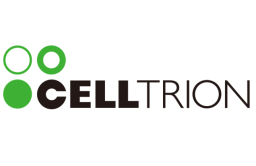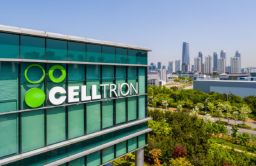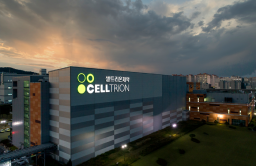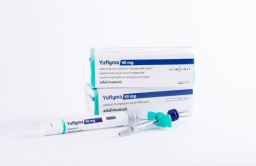-
KOSPI 2812.05 +41.21 +1.49%
-
KOSDAQ 756.23 +6.02 +0.80%
-
KOSPI200 376.54 +6.64 +1.80%
-
USD/KRW 1373 3.00 -0.22%
Celltrion builds clinical data bank for new biosimilars
The biosimilar market will be left with just a few big players, with bio ventures dropping out, Celltrion's chair says
By
Sep 12, 2023 (Gmt+09:00)
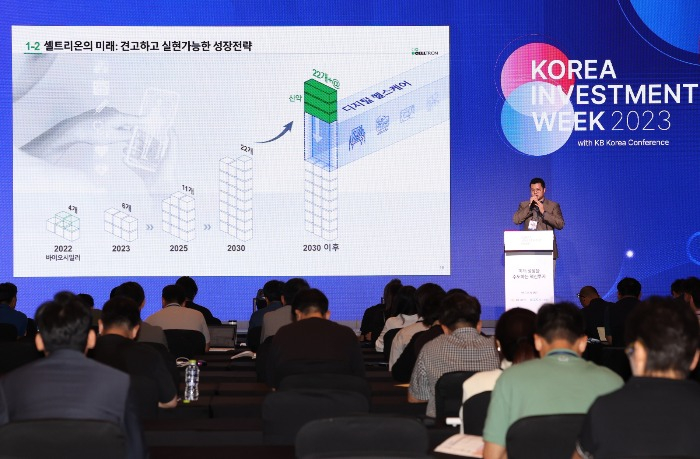
The use of data and computing is a new paradigm in the biopharmaceutical industry, reducing the new drug development time and cost, Celltrion Inc. Chairman Seo Jin-seok said on Tuesday.
“We are building an independent data bank, including clinical data received from patients,” he told Korea Investment Week 2023, hosted by The Korea Economic Daily that will run through Sept. 15.
Celltrion is South Korea’s leading biosimilar maker. It aims to bring its total biosimilar offering to 11 by 2025 and 22 by 2030, a significant increase from its current roster of six.
“If we select targets that can show actual efficacy based on big data and conduct experiments with a bio foundry company, the time and cost consumed in developing new drugs can be reduced by half,” he said during a presentation at the country’s largest annual investment conference.
Seo is the eldest son of the biosimilar company's founder and Honorary Chairman Seo Jung-jin. He leads Celltrion Inc. and Celltrion Pharm Co.
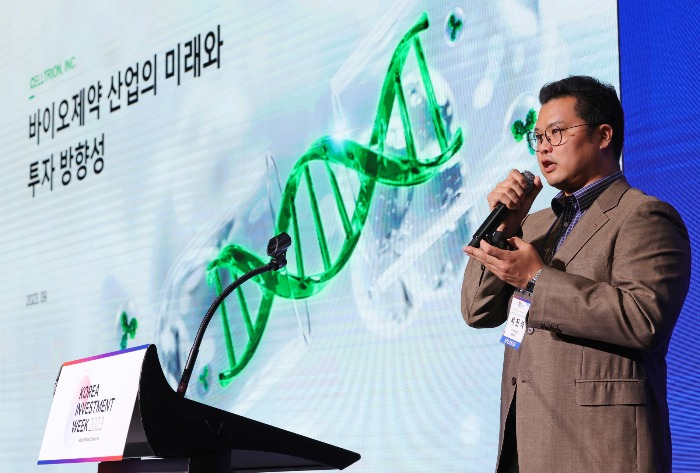
ANTIBODY-DRUG CONJUGATES
He picked anticancer drugs, autoimmune disease treatments and metabolic disease treatments as areas that investors need to pay attention to.
Particularly, Celltrion has been making good progress in developing antibody-drug conjugates (ADCs). An ADC is a class of biopharmaceutical drugs designed as a targeted therapy for treating cancer.
Regarding immunotherapy, safety concerns about chimeric antigen receptor T cell (CAR-T) treatment, despite its superior efficacy, are leading pharmaceutical companies to shift toward double and triple antibody treatments.
“You may find good investment opportunities if you keep an eye on players that fit development trends such as ADC, CAR-T and bispecific antibodies,” Seo advised investors at the conference.
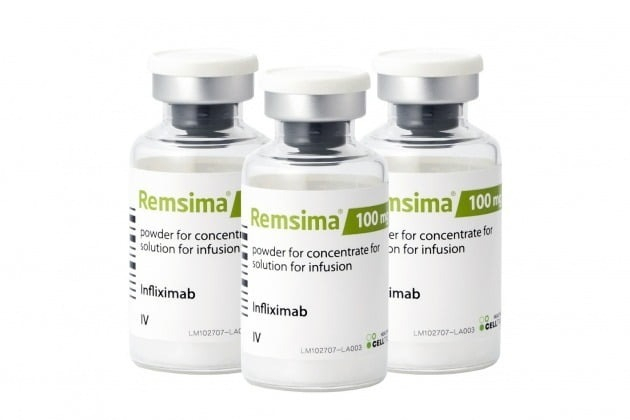
OLIGOPOLY
Seo predicts only a few players will survive the biosimilar market due to the market’s oligopoly and increasing drug development costs. In this regard, they are expected to actively pursue M&A targets, licensing-out and joint development.
“Before COVID-19, investments were made in early stage development, or bio ventures, but now the money goes only to mega deals that are almost finished and about to be commercialized.”
The funding squeeze and intensifying competition make it difficult for bio ventures to commercialize their products without a production system and distribution and sales network. Thus, they are now focusing on developing new drug candidates to sell them to big pharma.
“With the biosimilar market's oligopoly, the most important thing is marketing,” Seo said, noting that Celltrion has built sales networks in 110 countries.
Celltrion Inc. and Celltrion Healthcare Co., an affiliate for overseas marketing and sales, are set to merge by the end of this year. Then the merged entity will absorb Celltrion Pharm Co. as part of efforts to boost their accounting transparency.
Write to Jeong-Min Nam, Woo-Sang Lee and Young-Ae Lee at peux@hankyung.com
Yeonhee Kim edited this article.
-
Aug 17, 2023 (Gmt+09:00)
-
Aug 25, 2023 (Gmt+09:00)
-
Aug 24, 2023 (Gmt+09:00)
-
Aug 22, 2023 (Gmt+09:00)
-
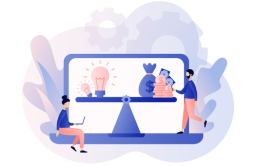 Venture capitalKorean startups feel bite of funding drought in H1
Venture capitalKorean startups feel bite of funding drought in H1Jul 07, 2023 (Gmt+09:00)
-
Jul 04, 2023 (Gmt+09:00)
-
Jun 15, 2023 (Gmt+09:00)
-
Jun 13, 2023 (Gmt+09:00)
-
Jun 05, 2023 (Gmt+09:00)
-
May 24, 2023 (Gmt+09:00)


